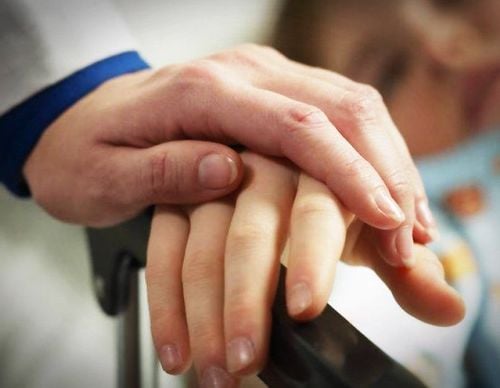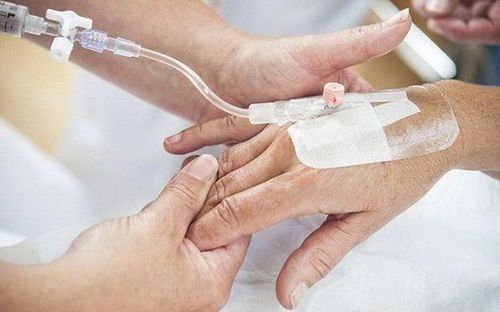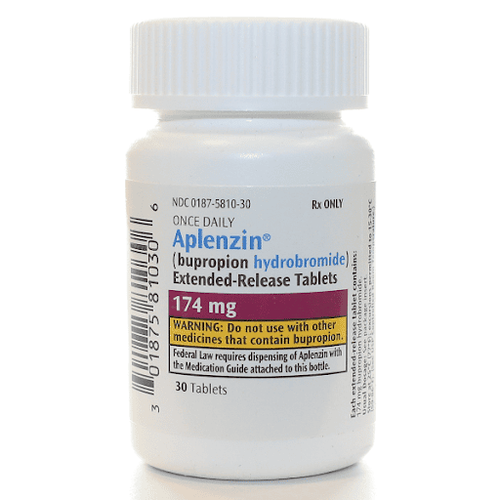This is an automatically translated article.
Most patients, when they know they have cancer, have panic, fear, even severe mental and physical depression. Therefore, during this time, caring and encouraging the patient is extremely important, in order to help the patient stabilize psychologically, improve health and feel most comfortable in the last days of life.1. Signs of a dying person
Signs of impending death can vary from person to person. No one can really predict what might happen at the end of life, how long the end of life will last, or when death will actually happen?
In the last days of life, the health of cancer patients will gradually weaken and feel more tired. Here are some signs that the patient is entering the last days of life:
Weakness and exhaustion Sleep more Weight loss and muscle loss Loss of appetite, difficulty swallowing Decreased ability to concentrate and little talk Increased confusion Dizziness Groaning Urinary incontinence Cyanosis in the hands, feet, mouth Dry mouth, lips Restlessness, anxiety Loss of bladder and bowel control Decreased urine output

Sức khỏe của bệnh nhân ung thư giai đoạn cuối dần suy yếu và cảm thấy mệt mỏi nhiều hơn
2. Palliative care for terminal cancer patients
Palliative care is a method that focuses on providing relief from symptoms such as pain, physical and emotional stress when diagnosed with an incurable medical condition. The goal of this therapy is to improve the quality of life for both the patient and their family.
Cancer is a malignant disease, often causing many symptoms, and during treatment can cause unwanted side effects. Preventing or alleviating symptoms and side effects during cancer treatment is an extremely important step, regardless of age, cancer type or stage.
Palliative care can be applied to all stages of cancer care.
From the time of diagnosis: Providing palliative care for cancer patients from the very beginning helps patients and family members easily access, prepare mentally and plan their care as soon as possible. the better. During the course of treatment: Helps relieve symptoms, side effects of the drug and improve the effectiveness of treatment. When the patient dies: Care, psychological treatment and emotional support for the patient's family.
3. Palliative care methods for cancer patients
Family members can follow these instructions when caring for a cancer patient:Plan your time with the patient while they are awake When talking to the patient, remind them about time Continue giving the patient pain medication for the rest of their life If the patient is restless or anxious, try to find out if they are in pain If the patient is confused and frightened, talk softly, Stay calm to reduce the possibility of the patient being startled or frightened. For patients with metabolic changes such as less need for food, dry mouth, family members should: moisten the patient's lips with lip balm to prevent dryness Give the patient fluids such as water or juice Continue to give the patient medication for pain, nausea, fever, convulsions, or anxiety feel comfortable

Sử dụng các thuốc giảm đau để bệnh nhân cảm thấy thoải mái
>> See also: Macrobiotics and cancer: What you need to know - Article written by T.S, B.S Pham Thi Viet Huong - Doctor of Hematology - Oncology - Hematology and Cell Therapy Unit - Center Regenerative Medicine and Cell Therapy, Vinmec Times City International General Hospital
For patients with circulation problems and changes in body temperature, such as cold hands and feet; the skin on the arms and legs is dark, pale, and mottled; other areas of the body may become darker or lighter in color; fast, irregular heartbeat; Lower blood pressure... Patient's family should:
Keep the patient warm with blankets or cushions Do not use electric blankets, heating pads In the case of terminal cancer patients find it difficult to breathe, wheeze, throat may have difficulty breathing. sputum, or unable to breathe for 10 to 30 seconds, family members can do the following:
Place patient in supine, or slightly sideways position Elevate patient's head Use pillow to support head and chest of the patient Help the patient to sit up if this makes it easier for the patient to breathe
4. Methods to help control pain effectively for cancer patients
Cramps can make the patient feel uncomfortable, painful and the health condition is getting worse.
Patient's family can refer to the following ways to help control cancer pain for patients: Use pain relievers depending on the patient's health status. Give the sick person a warm bath, read a book, watch a movie or go for a walk to forget the pain. Apply acupuncture. Biofeedback method helps relax muscles, effectively relieve pain...
5. Address of pain relief & palliative care for cancer patients Palliative care unit, Department of Internal Oncology, Central Oncology and Radiation Center, Vinmec Times City International General Hospital is one of the leading facilities in the treatment and palliative care for cancer patients. With a team of doctors and nurses who are experts with extensive experience in the treatment and palliative care for cancer patients, it will help the life of terminal cancer patients become lighter and more meaningful.
Please dial HOTLINE for more information or register for an appointment HERE. Download MyVinmec app to make appointments faster and to manage your bookings easily.
Reference source: Cancer.org












